It’s been a while since I posted here. I did a lot of travelling in 2023, there are other projects I’m working on, and suddenly I find it’s been months since I last posted.
It’s not that I haven’t been working on the early modern period. Last summer, I was back in the University Library at Cambridge, working on a translation of Nicolas Chorier’s Satyra Sotadica, an early pornographic work.
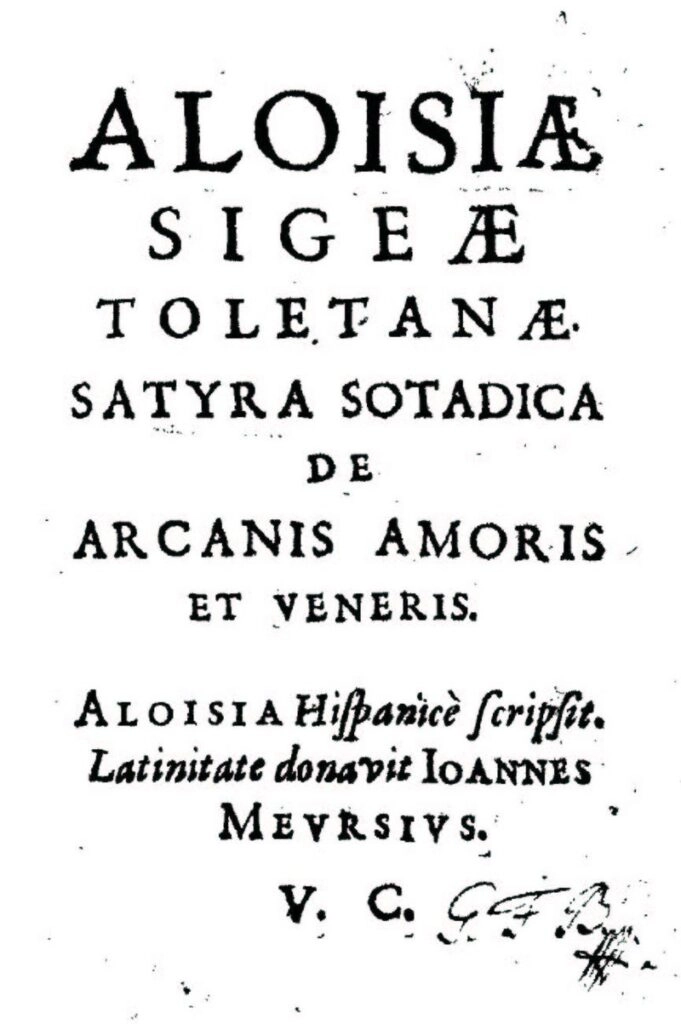
No, it’s not ready yet, but I have another offering – well, two, in fact. They’re a far cry from Chorier’s work, but they may be of interest to the right people.
1. Peter Milward: The Elizabethan Controversialists
Before his death in August 2017, Peter Milward, Shakespeare scholar and erstwhile colleague at Sophia University in Tokyo, handed me a typed manuscript entitled The Elizabethan Controversialists: An Anthology and Commentary. It came with something of a sad story.
One of Peter’s most successful and practically useful works is his Religious Controversies of the Elizabethan Age: A Survey of Printed Sources, which, together with its companion volume, Religious Controversies of the Jacobean Age, is still the most comprehensive catalogue of the religious polemics of the early modern period.
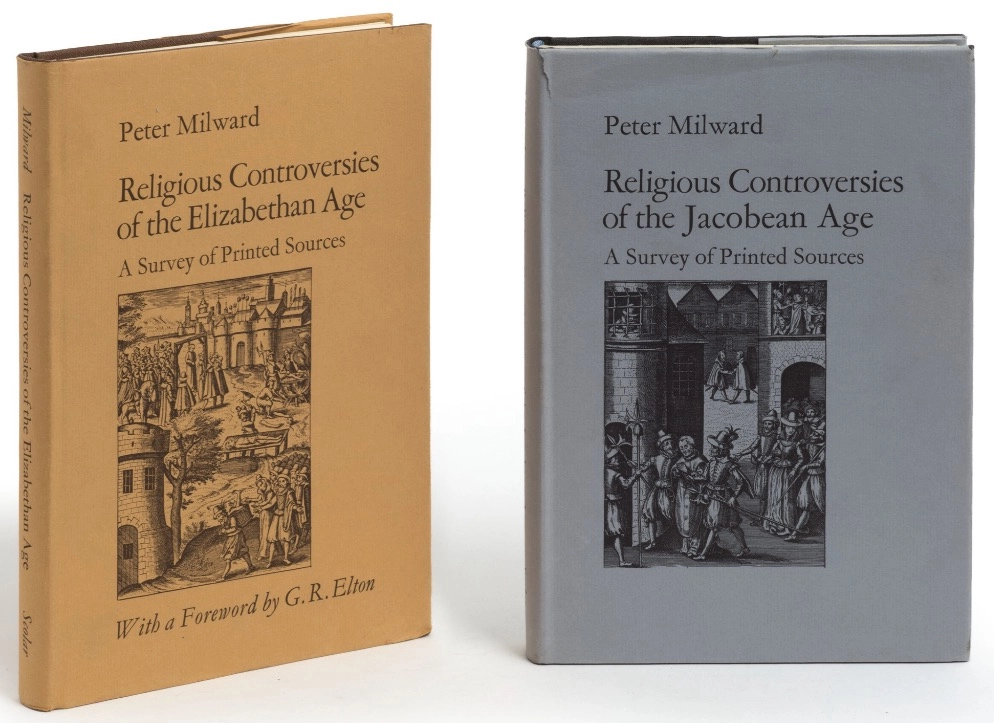
In his mind, though, these catalogues were only the beginning. His ambition had been to present extracts from their work, edited with a commentary. Unfortunately, however, when he approached the publisher with the first volume, he was met with a polite but firm refusal.
This was the manuscript which he handed to me and which I have – finally – made into an ebook and published:
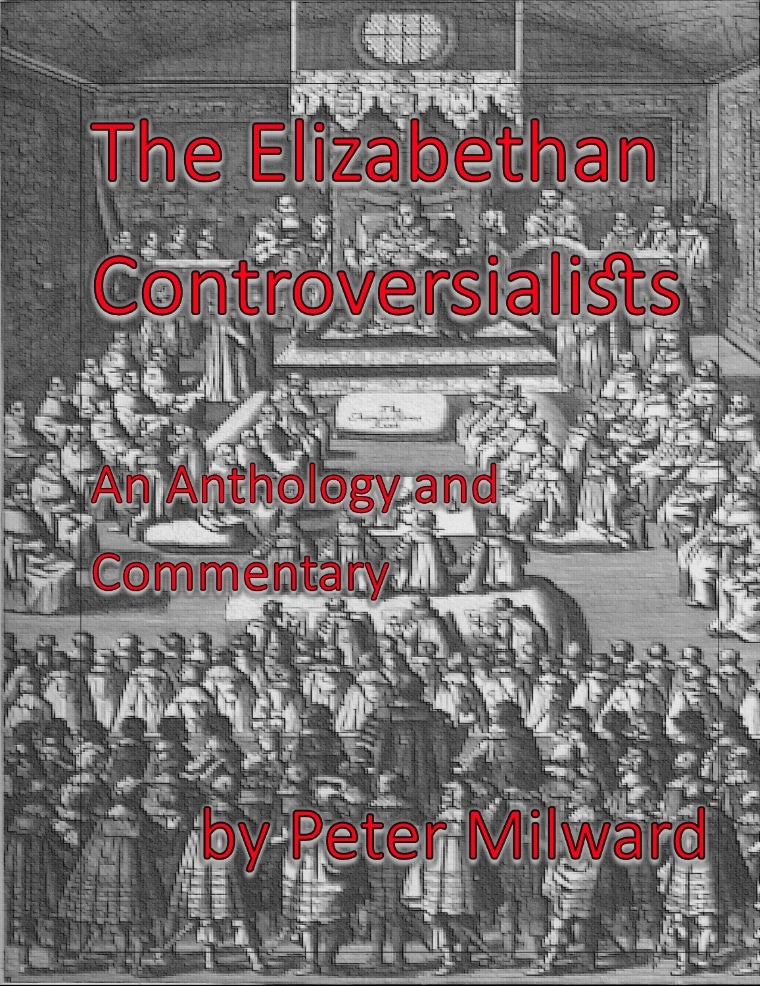
Peter Milward, The Elizabethan Controversialists: An Anthology and Commentary
To read this as an ebook, or to view it as a PDF, click on the above link. The PDF is text-searchable.
2. John R. Yamamoto-Wilson: Catholic Literature and the Rise of Anglicanism
On the whole, Peter and I got on surprisingly well. I joined the Department of English Literature at Sophia just as he was retiring but, as a Jesuit, his home was in S.J. House, right in the middle of the campus, so our paths often crossed. In those days, he also ran the Renaissance Centre, which had a room of its own in the university library, and the Renaissance Institute, which held a yearly conference, along with other, smaller events. Sadly, these were both closed down prior to his death.
The Renaissance Institute also published a journal and an annual monograph, and Peter kindly invited me as the author for the monograph for 2002. Things did not go altogether smoothly. I showed him a draft of the work in progress and he handed it back to me with several pages of criticisms, culminating in the words, “I disagree with everything you have written”.
Well, a Jesuit and me? A school headmaster once described me as “quite the most non-committal boy” he had ever met, and the last thing you’ll ever find me doing is taking a party line on anything, especially when it comes to religion. Some friction was only to be expected. I nearly gave up at that point, but reasoned that things could only get better from there.
We talked things through, I stuck to my guns as far as my perceptions were concerned, and his objections did me a world of good, as he left me in no doubt about what I was up against. I could no longer, for example, describe Catholics and Puritans as the “extreme” ends of the religious spectrum in the England of that period. In what sense, he asked, with some asperity – and, it must be conceded, with an equal dollop of justification – could those who chose to remain faithful to the religious traditions that had underpinned society for a whole millennia be described as “extreme”?
And so the work came to light – and Peter and I remained friends.
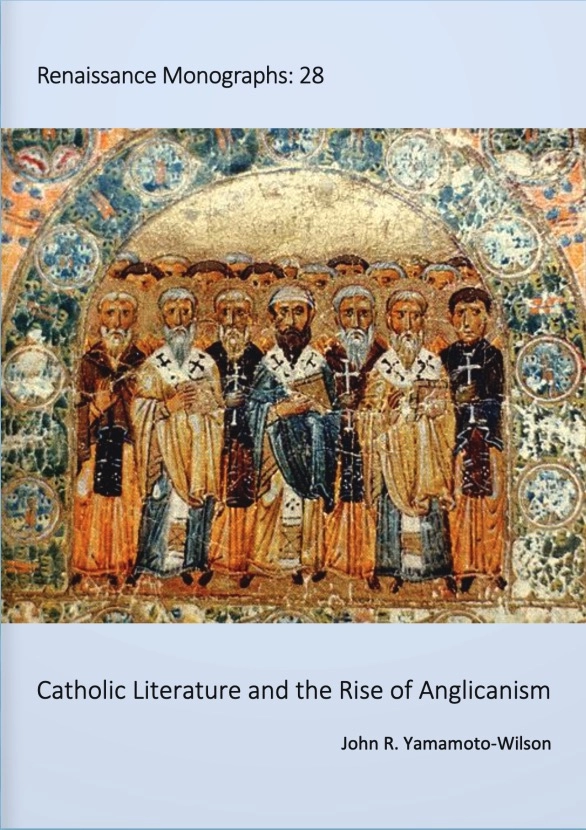
John R. Yamamoto-Wilson, Catholic Literature and the Rise of Anglicanism
This little book stood me in good stead, and I went on to write a number of peer-reviewed articles based on matters relating to its contents. I reproduce it here for any who may be interested in the topic – one which was more or less unheard-of at the time that I embarked on my (at that time) ill-fated PhD at Cambridge, but which has now been brought into the mainstream through the scholarship of Judith Maltby, Anthony Milton, Alison Shell, Alexander Walsham and others.
I am keen to create similar public domain publications of scholarship in the field (contact me or leave a comment below if you are interested) and very much hope that these two offerings will turn out to be the first of many.
UPDATE (June 15, 2024): I have started putting together a collection of open-access scholrship into the early modern period, which you can find here.
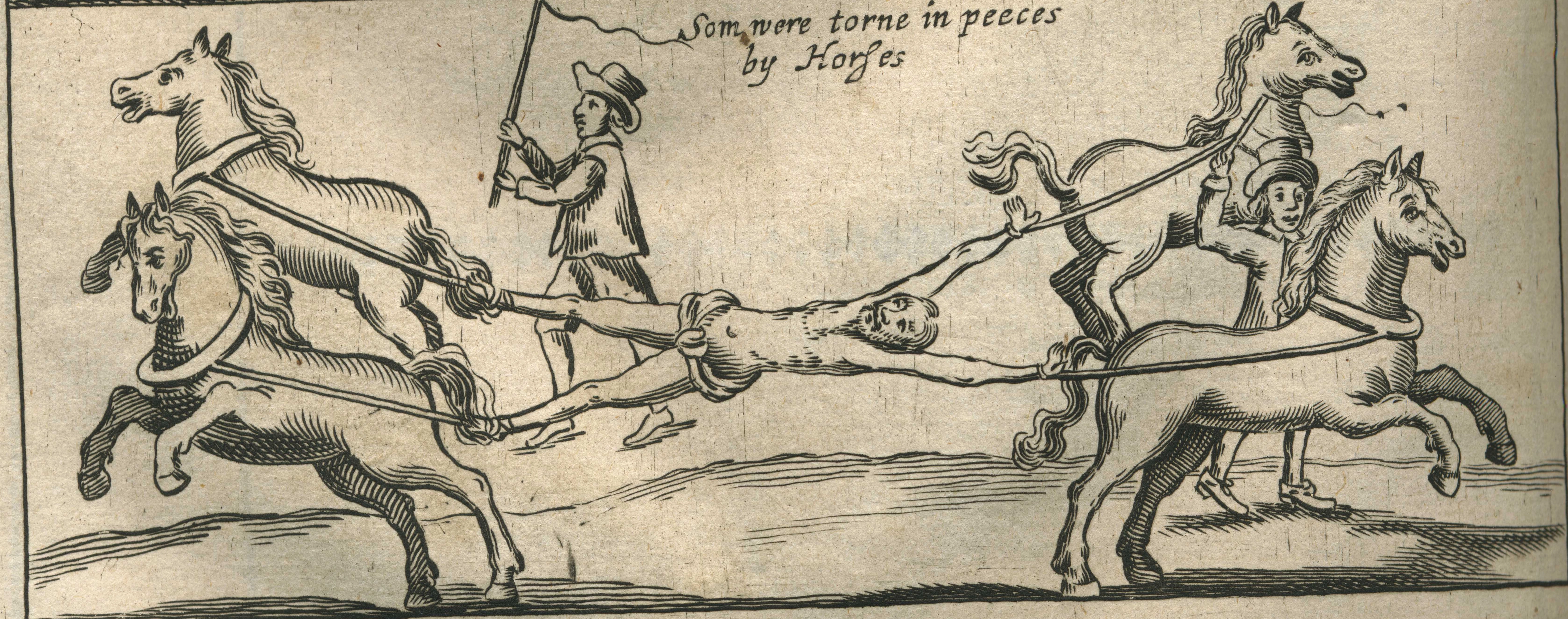

Comments